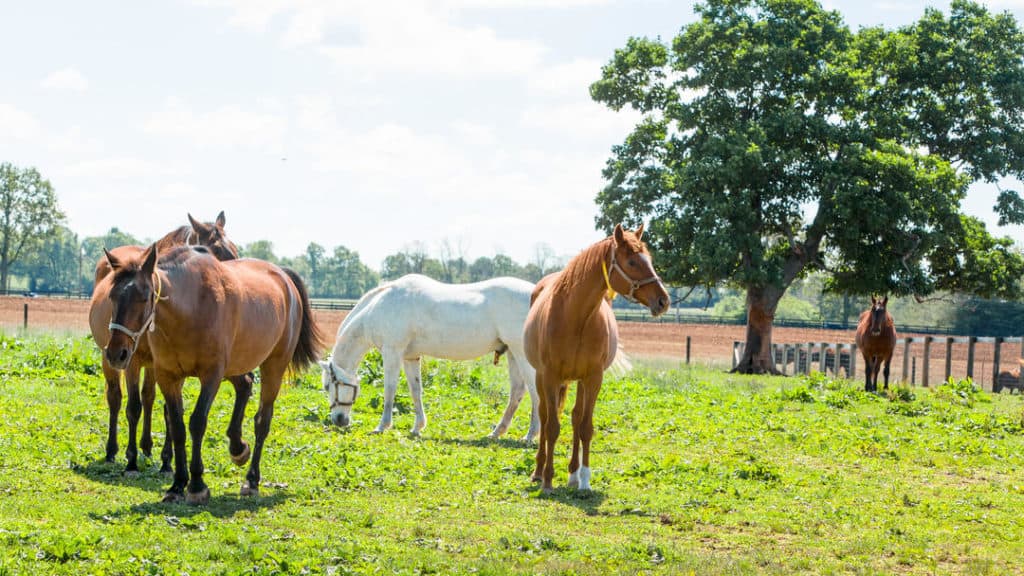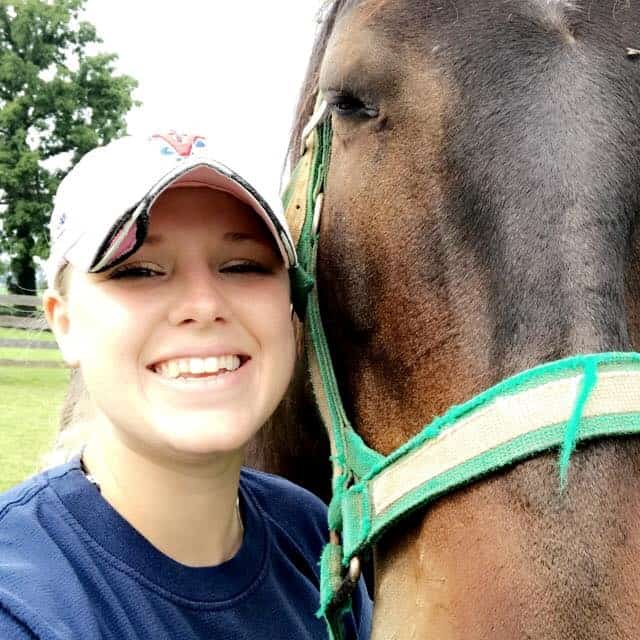
Horses With PPID Needed for Research Projects
Dr. Amanda Adams is seeking donations of horses with PPID for her research at the University of Kentucky.
Information on pituitary pars intermedia dysfunction (PPID), also known as Cushing’s Disease in horses.

Dr. Amanda Adams is seeking donations of horses with PPID for her research at the University of Kentucky.

She is studying how diet, exercise, and season impact metabolic and inflammatory responses in horses with endocrinopathies.

I used a senior equine feed to help my hard keeper gain weight. Now, should I switch him to a low-NSC product?
During this year’s lecture, farrier Daisy Bicking and Dr. Nick Frank will present on laminitis and endocrine disorders.

Dr. Lisa Tadros shares information about identifying EMS, PPID, and laminitis in senior horses.

Find tips on how to extend horses’ “health spans,” maximize performance years, and maintain a good quality of life.

Skin diseases and lameness were the most commonly reported ailments, affecting 31.1% and 23.4% of horses, respectively.

Readers said maintaining weight, osteoarthritis, and other lameness were their top senior horse care concerns.
Tweets and take-homes from Friday’s educational sessions on osteoarthritis, tendon injuries, strangles and more.

Eight veterinarian students from Lincoln Memorial University (LMU), in Harrogate, Tennessee, spent their summer collaborating with researchers in the University of Kentucky (UK) Department of

The board also approved a ban on injectable magnesium sulfate and will assess pergolide use for PPID horses.

Laminitis risk is the No. 1 reason we worry about equine metabolic conditions such as EMS and PPID when feeding horses.

Scientists theorized that hair cortisol levels could help identify early stage pituitary pars intermedia dysfunction.

Researchers determined that veterinarians can manage PPID long-term without a progressive increase in pergolide dose.

Follow Tess, a 16-year-old mare, step-by-step as she rehabs from a bought of PPID-related laminitis.

Researchers found that once-daily dosing with 1 mg of pergolide is appropriate for most horses with PPID.
Stay on top of the most recent Horse Health news with
"*" indicates required fields